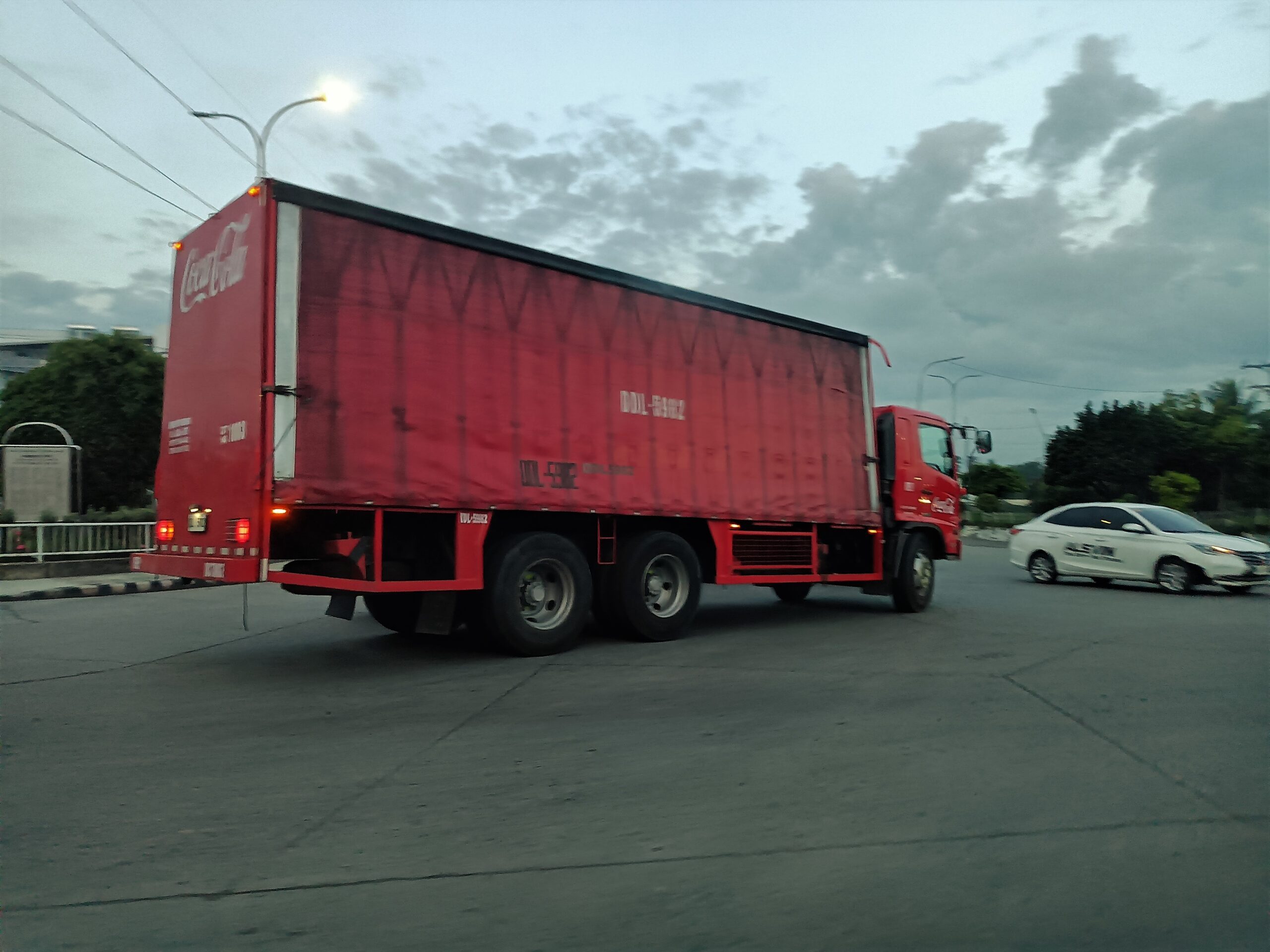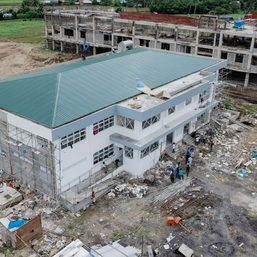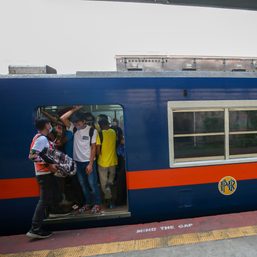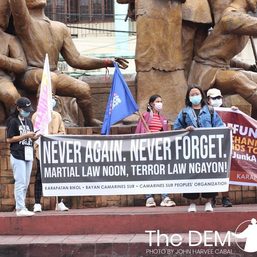SUMMARY
This is AI generated summarization, which may have errors. For context, always refer to the full article.

GENERAL SANTOS CITY, Philippines – Soft drink giant Coca-Cola Beverages Philippines Incorporated (CBPI) on Wednesday, August 24, confirmed that it has slowed down its production as a result of an acute shortage of bottler’s grade sugar.
In a statement, Coca-Cola said the shortage has hurt its bottling plants’ production capability.
The statement came as photos of Coca-Cola’s plants in Davao, Zamboanga, and Naga, with public notices about their supposed suspension of operations displayed on their gates, went viral on social media.
The Davao bottling plant in Barangay Ulas supposedly suspended its operations on Monday, August 22, but resumed the following day, less than 24 hours later.
The CBPI bottling plant in Davao produces and supplies nearly half of Mindanao with Coca-Cola products, including the Soccsksargen region where one of its bottling plants shut down due to labor issues several years back.
Photos regarding the supposed suspension of operations of the Coca-Cola plants in Zamboanga and Naga also went viral.
The tarps, hung outside the bottling plants, carried the same message: “This Coca-Cola plant has suspended operations due to the lack of supply of bottler’s grade sugar, as a result of the ongoing sugar crisis.”
The CBPI statement provided no details and neither did it confirm nor deny the suspension of operations of the bottling plants.
But it confirmed that the sugar crisis has “affected the capability of some of our bottling plants to continue producing some products.”
“We are doing everything we can to minimize supply disruption and the impact of the supply shortage on our bottling operations,” said the statement released by Rommin Diaz, CBPI external communications and sustainability senior manager.
Pressed for details, Diaz referred Rappler to CBPI’s three-paragraph statement and has yet to respond to specific questions as of this posting. (Rappler will update this report as soon as CBPI provides more details.)
In the statement, CBPI said it was “closely working with the government and the sugar industry in coming up with sustainable solutions that will be beneficial to small retailers who rely on the company for their livelihood.”
Earlier, CBPI said some 450,000 metric tons of high-grade refined sugar were needed by the food and beverage industry to be able to fully operate until year-end.
The projected demand for the entire year was placed at 2.3 million metric tons.
In a news briefing on Monday, August 22, Agriculture Undersecretary Domingo Panganiban said one solution would be to allow the companies to import premium-grade refined sugar. That same day, however, Malacañang, through an Office of the Press Secretary statement, said that the sugar shortage is “artificial” as supposedly shown by the sugar stocks in warehouses during government raids conducted that day.
The Senate blue ribbon committee on Tuesday began its inquiry into the sugar importation mess triggered by recalled Sugar Order 4, which would have allowed the importation of 300,000 metric tons of sugar.
Malacañang had deemed the SO4 as “illegal” as it was not approved by the acting agriculture secretary, President Ferdinand Marcos Jr., but the president later approved the importation of 150,000 MT of sugar. – Rappler.com
Add a comment
How does this make you feel?


![[The Slingshot] Lito Patay’s 4 hours and 38 minutes of infamy](https://www.rappler.com/tachyon/2024/07/Lito-Patay-4-hours-infamy-July-19-2024.jpg?resize=257%2C257&crop=233px%2C0px%2C720px%2C720px)

![[Pastilan] The Great Philippine Identity Sale](https://www.rappler.com/tachyon/2024/07/great-philippine-identity-sale-july-16-2024.jpg?resize=257%2C257&crop=486px%2C0px%2C1080px%2C1080px)



















There are no comments yet. Add your comment to start the conversation.